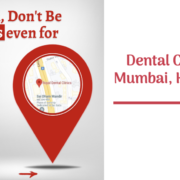If you’re facing the prospect of multiple tooth extraction, the thought of it can be daunting. But don’t worry, with the right preparation, you can make the experience as smooth and comfortable as possible. In this ultimate guide, we’ll cover everything you need to know to prepare for tooth extraction. From what to expect during the procedure to how to care for your mouth after. We’ll also provide tips on reducing pain and swelling. As well as what foods to eat and avoid during your recovery period. By the end of this guide. You’ll have all the information you need to feel confident and prepared for your multiple tooth extraction. And can focus on a speedy recovery.
Understanding Multiple Tooth Extraction
Multiple tooth extraction is a dental procedure that involves removing two or more teeth from your mouth. The procedure is usually necessary when the teeth are decayed, damaged, or infected beyond repair. Sometimes, tooth extraction is also done as part of orthodontic treatment. To make room for the remaining teeth to shift into the correct position.
The procedure is typically done by a dentist or an oral surgeon, and it can be performed under local anesthesia, conscious sedation, or general anesthesia, depending on the number of teeth being extracted and the complexity of the procedure.
Many tooth extraction may sound scary, but it is a common procedure that is performed regularly by dental professionals. With the right preparation and aftercare, you can minimize discomfort and ensure a successful recovery.
Why Multiple Tooth Extraction is necessary?
Multiple tooth extraction is necessary when there is damage or decay in more than one tooth that cannot be repaired. Some of the common reasons for tooth extraction include:
Severe Tooth Decay
If a tooth has extensive decay that has affected the root and the surrounding bone, it may be necessary to extract the tooth to prevent the decay from spreading to other teeth.
Gum Disease
Gum disease is a common condition that affects the tissues and bones that support the teeth. If left untreated, gum disease can cause the teeth to become loose and eventually fall out. Many tooth extraction may be necessary to prevent the disease from spreading and to preserve the health of the remaining teeth.
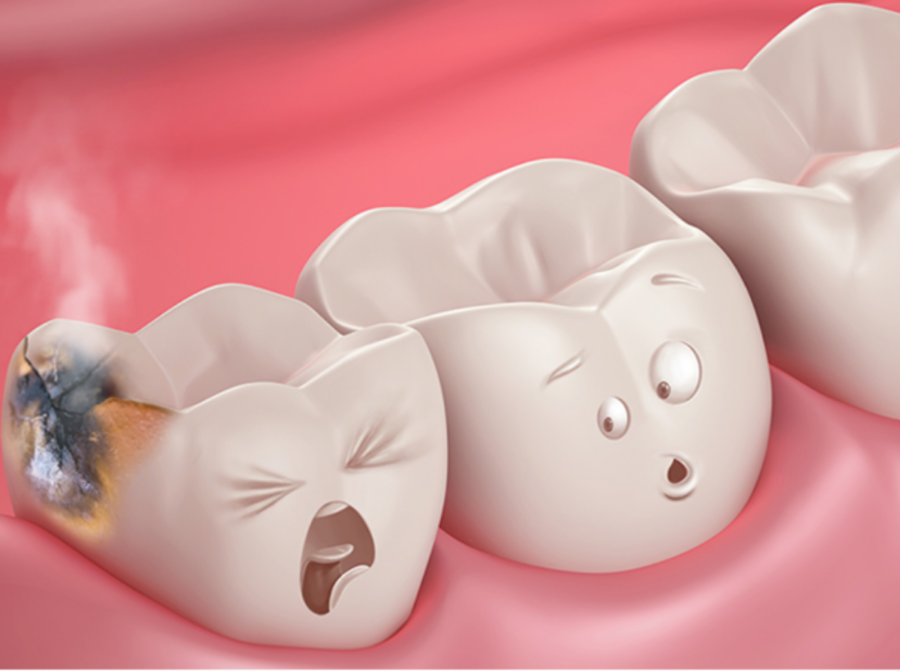
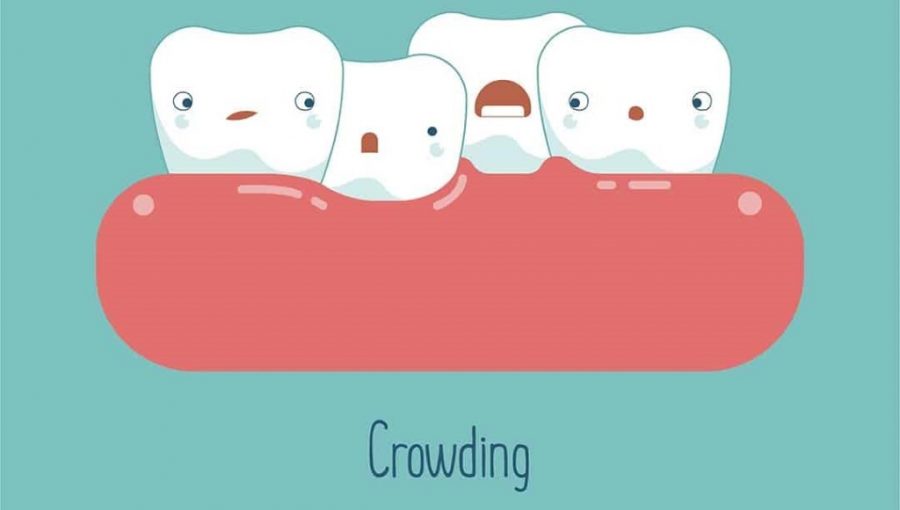
Overcrowding
If your mouth is crowded with too many teeth, your dentist may recommend multiple tooth extraction to create more space and prevent the teeth from becoming misaligned.
Trauma or Injury
If a tooth is severely damaged or broken due to trauma or injury, it may be necessary to extract the tooth to prevent infection and to preserve the health of the surrounding teeth and gums.
Multiple tooth extraction may be necessary for:
Severe Decay or Damage: Teeth that are severely decayed or damaged beyond repair may need to be extracted to prevent further damage to surrounding teeth and gums.
Crowding or Misalignment: Teeth may need to be extracted to alleviate overcrowding or misalignment of teeth, which can cause bite problems, speech difficulties, and cosmetic issues.
Infection or Gum Disease: Teeth that are infected or affected by gum disease may need to be extracted to prevent the spread of infection to other teeth and gums.

Impacted Teeth: Impacted teeth, such as wisdom teeth, may need to be extracted if they are causing pain, infection, or damage to surrounding teeth and gums.
Orthodontic Treatment: Teeth may need to be extracted to make room for orthodontic treatment, such as braces or Invisalign, to properly align teeth and improve the bite.
Fractured or Cracked Teeth: Teeth that are severely fractured or cracked may need to be extracted if they cannot be repaired with a crown or other restoration.
Pre-Prosthetic Surgery: Many tooth extraction may be necessary before placing dentures or other prosthetic devices to ensure a proper fit.
Preparing for Multiple Tooth Extraction
Consult with Your Dentist: Before the procedure, you will need to have a consultation with your dentist or oral surgeon. They will examine your teeth and gums, take x-rays, and discuss the procedure with you. This is also an opportunity for you to ask any questions you may have about the procedure or the aftercare.
Arrange for Transportation: If you will be receiving sedation or general anesthesia during the procedure, you will need to arrange for transportation to and from the dental office. You will not be able to drive yourself home after the procedure, and you should not drive until the effects of the anesthesia wear off.
Plan for Time Off: Depending on the complexity of the procedure and the number of teeth being extracted, you may need to take some time off work or school to recover. Talk to your dentist or oral surgeon to get an idea of how much time you will need to take off and plan accordingly.
Preparing for Many Tooth Extraction
Stock Up on Soft Foods: After the procedure, you will need to eat soft foods for a few days while your mouth heals. Stock up on foods like soups, mashed potatoes, smoothies, and yogurt before the procedure so that you have plenty of options on hand.
Follow Pre-Op Instructions: Your dentist or oral surgeon will give you specific instructions to follow before the procedure, such as fasting for a certain amount of time or taking medication. Make sure you follow these instructions carefully to ensure a safe and successful procedure.
Day of Tooth Extraction Procedure
Wear Comfortable Clothing: Wear comfortable, loose-fitting clothing to the appointment. This will help you feel more relaxed and comfortable during the procedure.
Arrive Early: Arrive at the dental office early to give yourself plenty of time to fill out any paperwork or ask any last-minute questions.
Bring a Friend or Family Member: If you’re feeling anxious or nervous, consider bringing a friend or family member with you to the appointment for moral support.
Follow Anesthesia Instructions: If you will be receiving sedation or general anesthesia, make sure you follow the instructions given to you by your dentist or oral surgeon. This may include fasting for a certain amount of time before the procedure or arranging for transportation home.
What to expect during the Tooth Extraction Procedure?
Anesthesia: Before the procedure, you will be given anesthesia to numb the area around the teeth being extracted. If you will be receiving sedation or general anesthesia, you will be given the medication through an IV.
Extraction: Once the anesthesia has taken effect, the dentist or oral surgeon will begin the extraction process. They will use specialized tools to loosen the teeth and remove them from the sockets.
Stitches: After the teeth have been extracted, the dentist or oral surgeon may place stitches in the sockets to help the gums heal.
Recovery Room: After the procedure, you will be taken to a recovery room where you will be monitored until the effects of the anesthesia wear off.
Post-Operative Care and Recovery Tips
Bite Down on Gauze: After the procedure, your dentist or oral surgeon will place gauze in your mouth to help stop the bleeding. Bite down on the gauze for 30-45 minutes, then replace it with fresh gauze if necessary.
Apply Ice: To reduce swelling and discomfort, apply an ice pack to your face for 15-20 minutes at a time, with 20-minute breaks in between.
Avoid Smoking: Smoking can slow down the healing process and increase the risk of infection. Avoid smoking for at least 48 hours after the procedure.
Rinse with Salt Water: After 24 hours, you can begin rinsing your mouth with warm salt water to help keep the area clean and promote healing. Mix 1/2 teaspoon of salt in a cup of warm water and swish it around your mouth for 30 seconds, then spit it out.
Take Pain Medication as Directed: If you experience discomfort after the procedure, take pain medication as directed by your dentist or oral surgeon. Do not exceed the recommended dose.
Pain Management and Swelling Reduction
It’s normal to experience some pain and swelling after tooth extraction. Here are some tips to help manage pain and reduce swelling:
- Take Over-the-Counter Pain Medication: Over-the-counter pain medication like ibuprofen or acetaminophen can help relieve pain and reduce swelling. Follow the recommended dosage on the packaging.
- Use a Cold Compress: Apply a cold compress to your face for 15-20 minutes at a time, with 20-minute breaks in between. This can help reduce swelling and discomfort.
- Elevate Your Head: Sleep with your head elevated for the first few nights after the procedure. This can help reduce swelling and promote healing.
Foods to Eat and Avoid During Recovery
After many tooth extraction, it’s important to eat soft foods that won’t irritate your gums or cause discomfort. Here are some foods to eat and avoid during your recovery:
Soft Foods to Eat
Soups, Mashed potatoes, Smoothies, Yogurt, Applesauce, Scrambled eggs, Cottage cheese
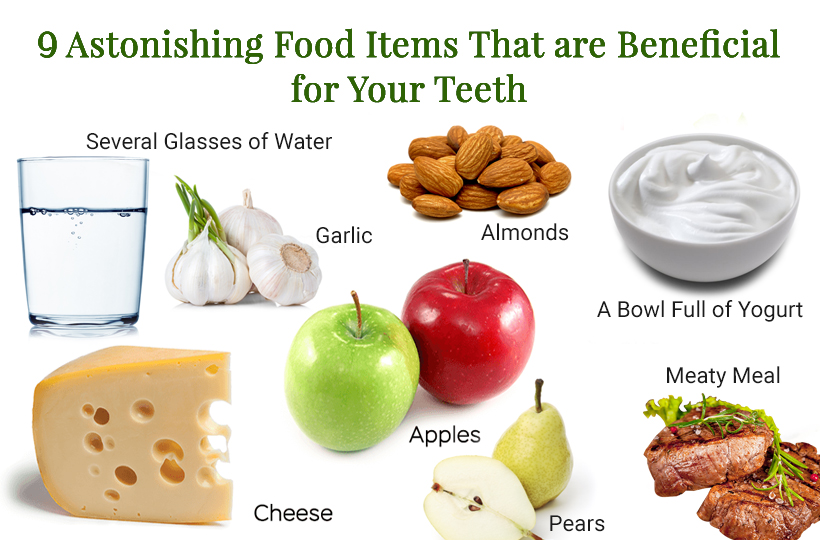
Foods to Avoid
Crunchy or hard foods (nuts, chips, popcorn). Sticky or chewy foods (caramel, taffy), Spicy or acidic foods (salsa, citrus fruits), Carbonated drinks
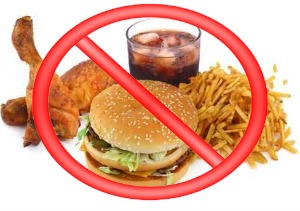
Follow-Up Appointments and Aftercare
After tooth extraction, you will need to schedule follow-up appointments with. Your dentist or oral surgeon to monitor your healing progress. They may also recommend additional treatments, such as dental implants or dentures, to replace the missing teeth. It’s important to continue practicing good oral hygiene habits. Such as brushing and flossing regularly, to prevent infection and maintain the health of your remaining teeth.
Frequently Asked Questions: Tooth Extractions
Q: Will the Procedure Hurt?
A: You will be given anesthesia to numb the area around the teeth being extracted. So you should not feel any pain during the procedure.
Q: How Long Will it Take to Recover?
A: Recovery time varies depending on the complexity of the procedure and the number of teeth being extracted. Most people are able to return to work or school within a few days. But it may take several weeks for your mouth to fully heal.
Q: Will I Need to Follow a Special Diet After the Procedure?
A: After the procedure, you will need to eat soft foods for a few days while your mouth heals. Avoid crunchy, chewy, or spicy foods, as well as carbonated drinks.
Conclusion
Many tooth extraction may sound scary, but with the right preparation and aftercare. You can minimize discomfort and ensure a successful recovery. By following the tips and guidelines outlined in this ultimate guide. You can feel confident and prepared for your multiple tooth extraction procedure. Remember to consult with your dentist or oral surgeon, arrange for transportation, stock up on soft foods. And follow all pre-op and post-op instructions carefully. With a little bit of planning and the right mindset. You can get through tooth extraction with ease and focus on a speedy recovery.


